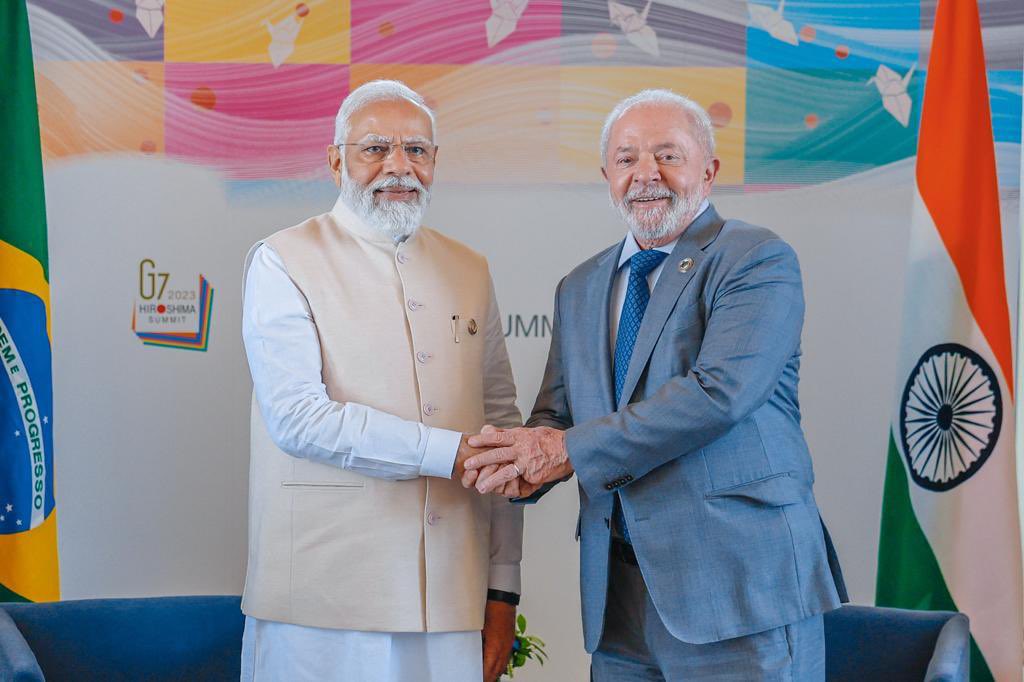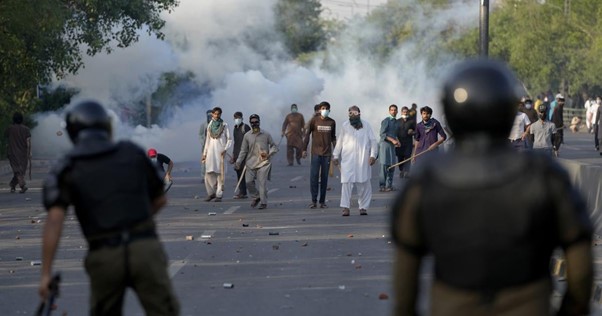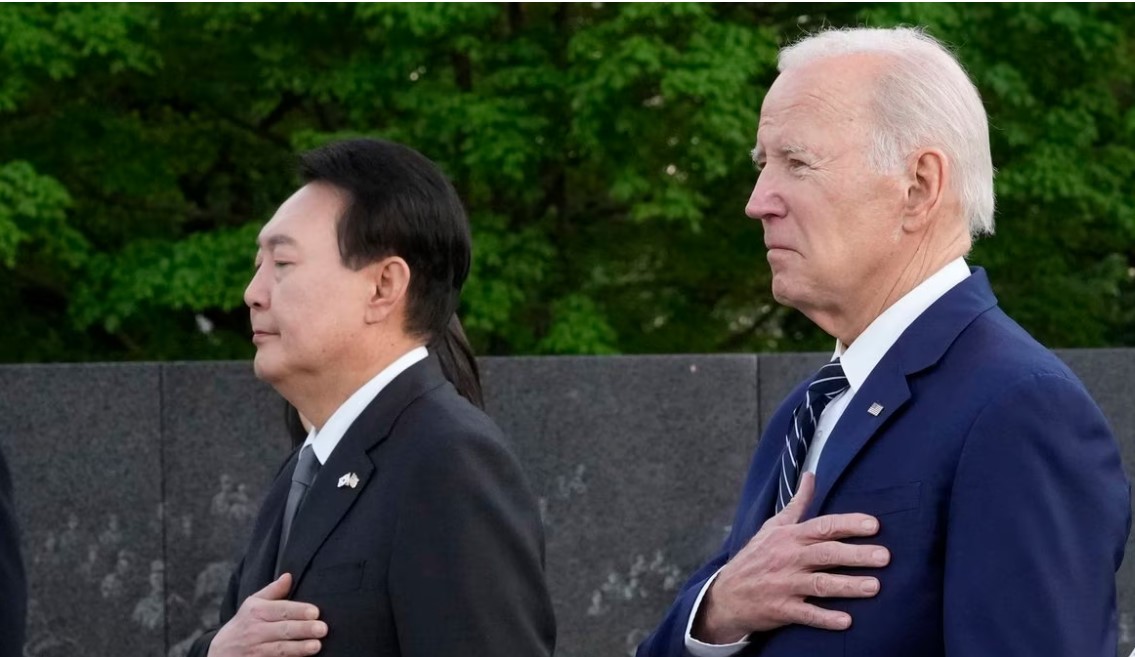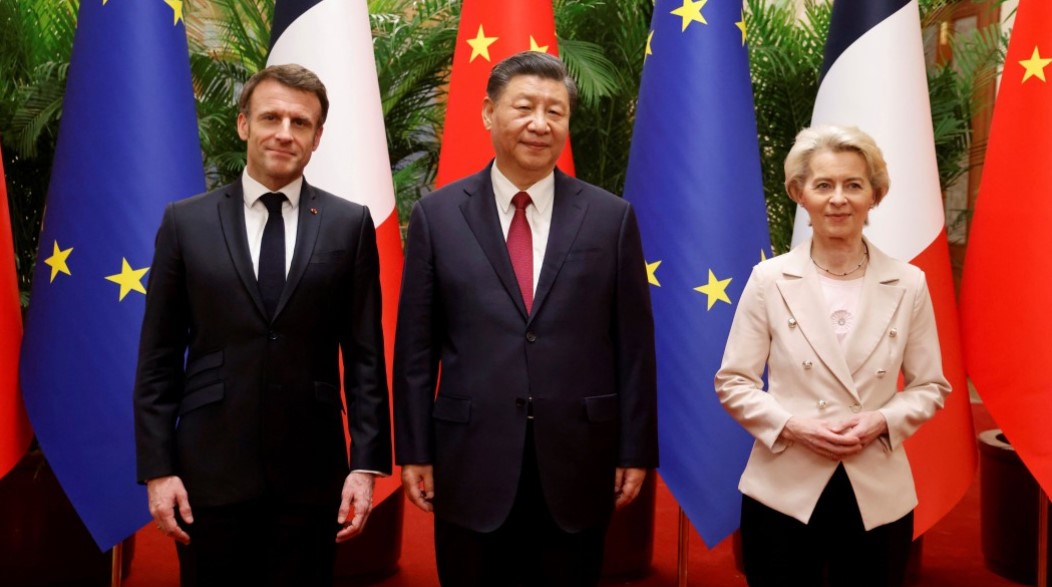Opportunities for India in a Changing World
Tue, 13 Dec 2022 | Reading Time: 3 minutes
Living in an era of an extremely paced changing world surrounded deepened by social,
political and economic upheavals. ‘Neo – liberalism’ propagates that commerce and trade
between two or more countries create complex interdependencies. The Neo – liberalists
completely forgot about the state’s sovereignty and the fact that nations’ states strive for
power maximisation. This economic cooperation helps strong economies to weaponize trade.
The Covid – 19 pandemic toppled the post–second world war order to a great extent. The
weakening post-second world war order is slowly giving way to a new but inimical
multipolar world. The dubiety is how will India fare in an uncertain and dynamic world. To
fade this dubiety Dr Arvind Gupta latest book. “Opportunities for India in a Changing
World.”
Dr Arvind Gupta is the Director of the Vivekananda Foundation, in New Delhi. He was the
Deputy National Security Adviser and Secretary, of the National Security Council,
Government of India during 2014-17. Earlier, he was Director-General of the Institute for
Defence Studies and Analyses, Ministry of Defence, New Delhi during 2012-2014 and a
former career diplomat, he has served in the Ministry of External Affairs and Indian missions
abroad. He speaks regularly at various Indian universities, military, para-military, police, and
diplomatic academies on foreign policy and national security issues. He has guided research
students at premier educational institutions. He is a member of the Board of Studies of the
School of International Studies at Jawaharlal Nehru University and has honorary academic
positions at Punjab University and Andhra University.
The book tries to make two key arguments:
1) The changing world is witnessing the emergence of new power equations emerge.
The systemic constraints of the current globalised and interdependent system have
been made clear by the coronavirus. Globalization has been hampered by it. Future
events are likely to cause more worldwide disruptions. The world is not prepared to
handle significant systemic changes.
2) For India, the uncertainty will present both difficulties and opportunities. India has
intrinsic strengths that can support it in overcoming obstacles. India’s long-lasting
civilisation has survived multiple disruptions, and it will be able to do so once again if
it recognises the nature of change and makes the necessary changes to be ready for a
brand-new, unpredictable world.
The book is divided into eight chapters, Chapter 1 surveys the concept of the new world order
and its impact on the established world order. Globalisation has nurtured globalism which in
term has impacted the world order. The process of globalisation is examined in Chapter 2,
with a particular emphasis on its contradictions. Globalisation has been disturbed by the
coronavirus, which has also highlighted its downward trend. Technology serves as the
foundation for globalisation. We do not completely understand how technology is already
changing the world. The historical perspective on the growth of technology and how it altered
The world is presented in Chapter 3. It’s better to understand a country’s worldview and
mindset, one should know its historical experiences. The US, Europe, China, Russia, Japan
and India have represented the civilisations, cultures and thinking. Chapter 4, offers the views of the US, Europe and Russia and how they were shaped by history. Chapter 5, examines the world views of China, Japan and India from a historical perspective.
The role of religion in shaping world dynamics has been significant and will likely remain so
in the future. Religious doctrines, religious authorities, and the relationship between religion
and politics all have an impact on their worldview. Hinduism differs significantly from the
Abrahamic religions of Judaism, Christianity, and Islam in terms of its core beliefs. The
major faiths of the world are briefly described in Chapter 6 along with their relationship to
the idea of tolerance. India’s position in the new world and what it can do to influence it are
both examined in Chapter 7. India has the ability and capacity to contribute to the
development of the new world, as evidenced by recent decades. Following the theory of
Chapter 8, India may benefit from opportunities in an unpredictable world and seek to make
it more compassionate. It outlines the measures that must be implemented to move the
Atamnirbhar agenda ahead.
The book can serve as a good read for the general reader, though it can also be used as a
supplementary text by students of international relations and public policy.
Disclaimer
The opinions expressed in this article are the author’s own and do not reflect the views of Chanakya Forum. All information provided in this article including timeliness, completeness, accuracy, suitability or validity of information referenced therein, is the sole responsibility of the author. www.chanakyaforum.com does not assume any responsibility for the same.
Chanakya Forum is now on . Click here to join our channel (@ChanakyaForum) and stay updated with the latest headlines and articles.
Important
We work round the clock to bring you the finest articles and updates from around the world. There is a team that works tirelessly to ensure that you have a seamless reading experience. But all this costs money. Please support us so that we keep doing what we do best. Happy Reading
Support Us




















POST COMMENTS (0)